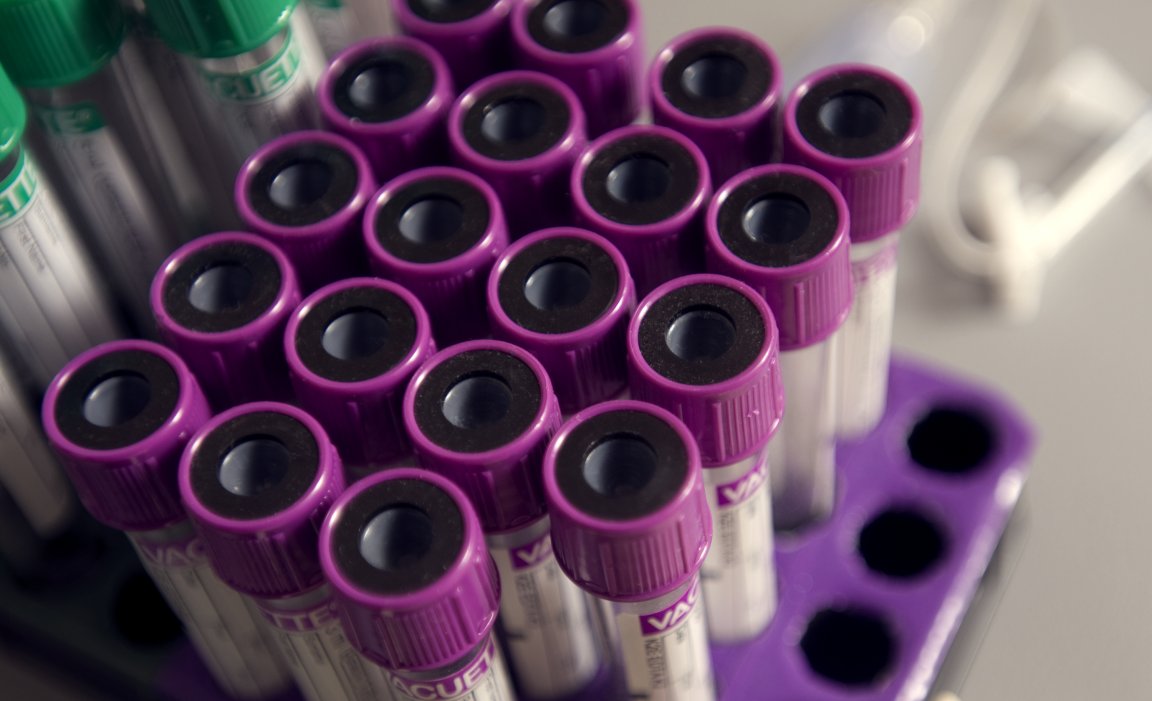
Brain Trauma
The Food and Drug Administration (FDA) has approved the first-ever blood test that can check for concussions. Called the Banyan Brain Trauma Indicator, this test could help detect brain injuries and intracranial lesions — abnormalities in brain tissue — quicker than current methods like computed tomography (CT) scans.
The new indicator would also reduce the number of people exposed to radiation during CT scans, which look for damaged brain tissue by taking multiple X-rays from different angles to produce an comprehensive image. Incorporating the blood test would eliminate the need for CT scans in one-third of patients with suspected concussions, according to the FDA.
The test measures the levels of two proteins — UCH-L1 and GFPA — that the brain releases into the blood after receiving an injury. These readings serve as a predictor for which patients would have visible intracranial lesions during a CT scan, but without the expensive X-rays involved. In its approval statement, the FDA noted that the test could predict the presence of lesions on a scan 97.5 percent of the time.
Having this kind of test available will be a boon for professional athletes, like NFL football players, who suffer unavoidable collisions with other players. These athletes have to undergo repeated CT scans during their careers, which means quite a bit of exposure to potentially harmful radiation. This new blood test would change that.

But it’s not just the sports world that could benefit from better concussion testing methods. The blood test could serve as a quicker diagnostic tool for soldiers in combat zones. The FDA worked closely with the Department of Defense during the evaluation phase for the Banyan Brain Trauma Indicator; the Pentagon financed a 2,000-person clinical trial.
Of course, the risk of sustaining a head injury extends well beyond professional sports and military service. The most recent data available from the Centers for Disease Control and Prevention state that in 2013, some 2.8 million visits to the emergency room were related to traumatic brain injuries. So an easier, likely cheaper, means of detecting concussions would also impact healthcare costs for the general public.